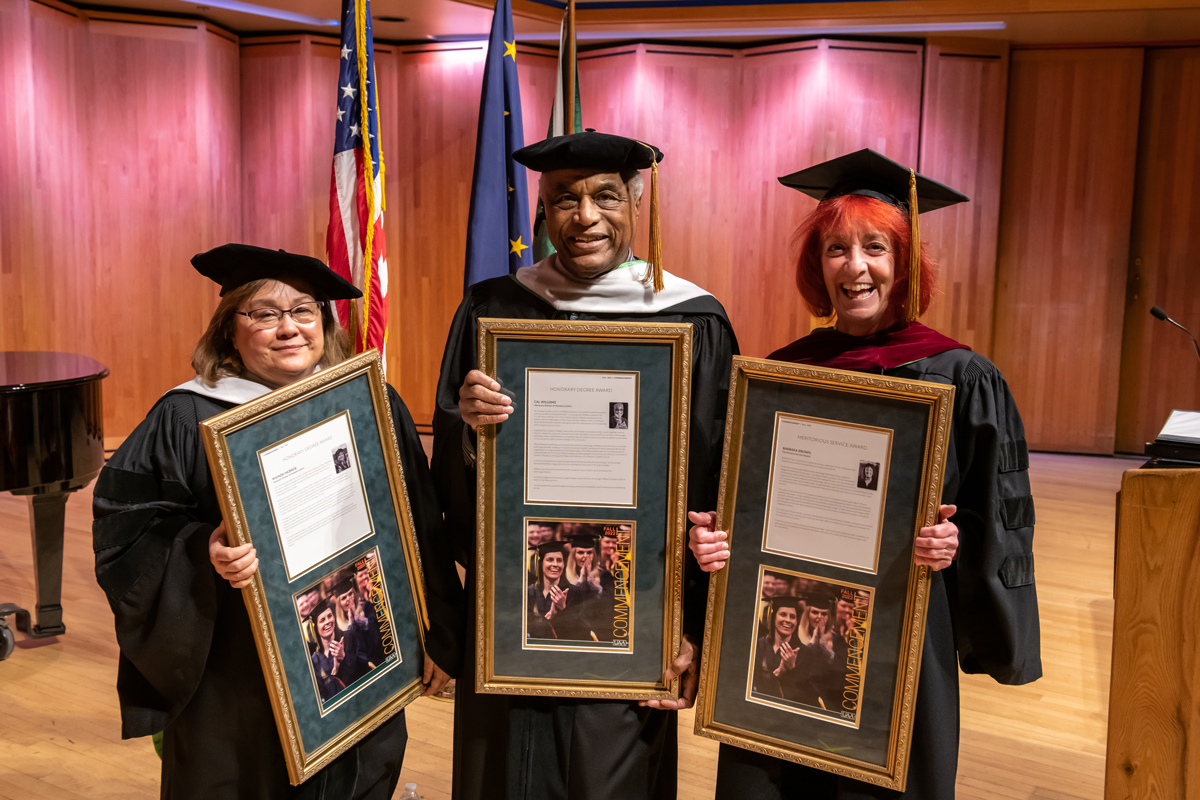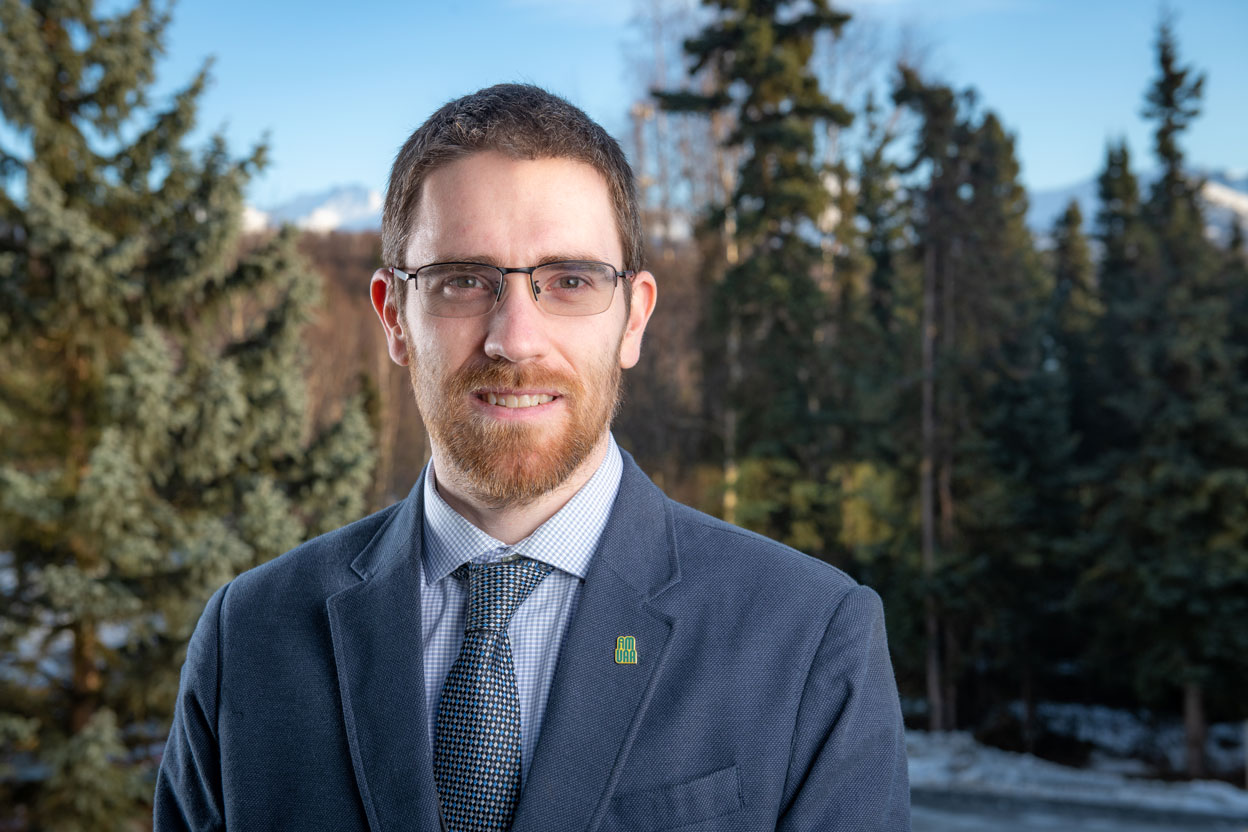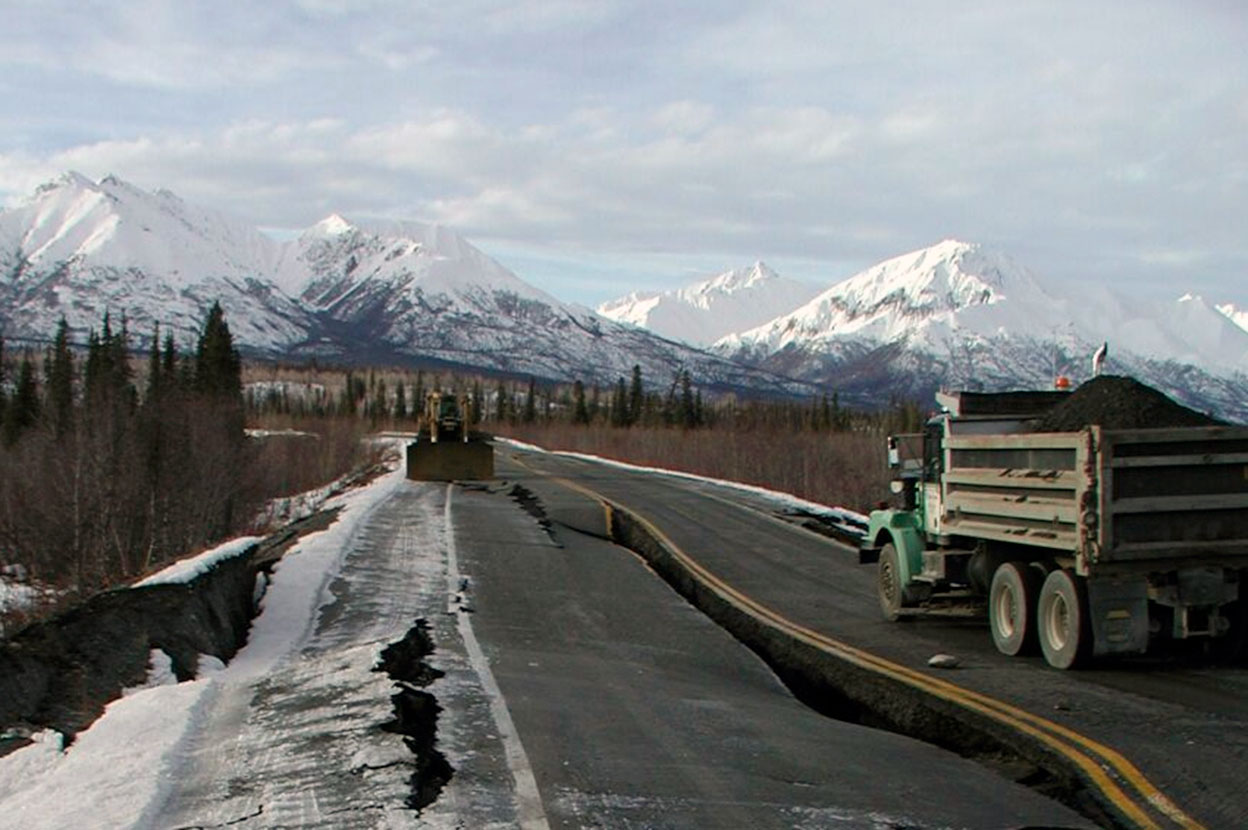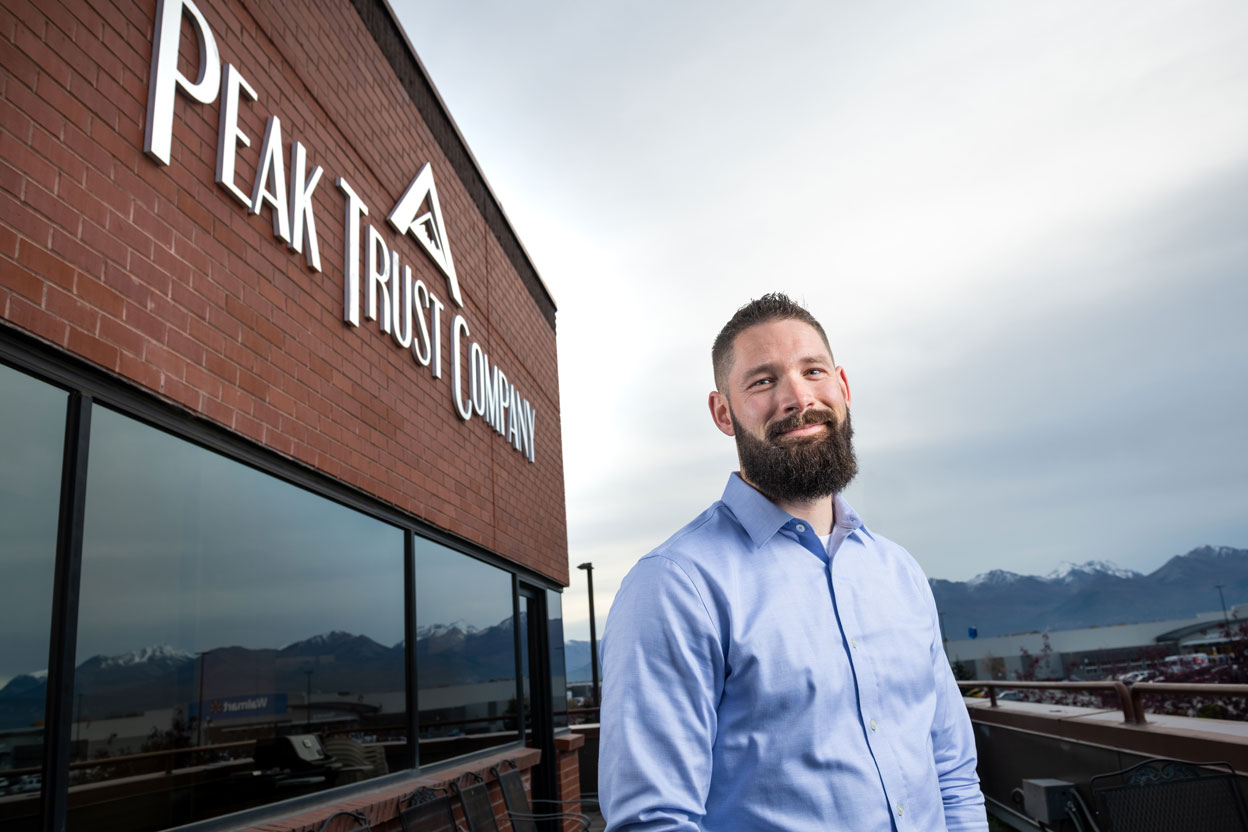UAA professor’s work included in reauthorization of Violence Against Women Act
by Marci Suazo |
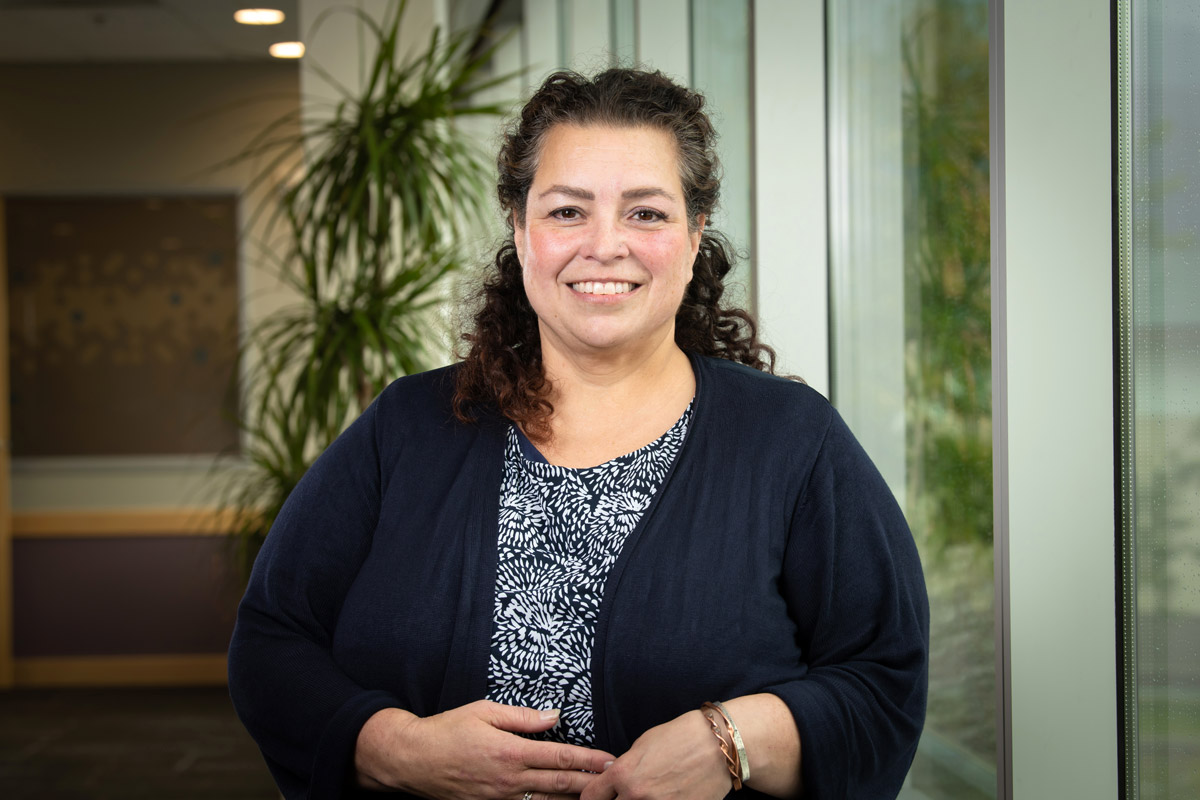
Angelia Trujillo has worked as a forensic nurse examiner, has a doctorate in forensic nursing practice and teaches population health and forensic nursing at UAA. She founded the Alaska Comprehensive Forensic Training Academy. The academy’s work was included in the Violence Against Women Reauthorization Act (VAWA) of 2022, which President Biden signed into law on March 17.
When it comes to violence, the statistics in Alaska are startling. Seventy-five percent of Alaskans have experienced or know someone who has experienced domestic violence or sexual assault; an assault in Alaska occurs every hour; Alaska’s rate of child mistreatment is 69.3% higher than the national average; the Alaska rate for elder physical abuse is 2.4 times the national rate. Elder psychological abuse is 1.6 times higher than the national rate.
We spoke with Trujillo about her work at UAA and on the national level.
You founded the Alaska Comprehensive Forensic Training Academy (ACFTA). What is the academy, and how did your work at UAA help inform its creation?
ACFTA is a partnership between the UAA College of Health, the Council on Domestic Violence and Sexual Assault, and the Alaska Nurses Association. It’s a pilot program that promotes forensic training for nurses and health care providers to build capacity for communities to respond to all types of violence.
It is very clear to me that violence is a huge issue and we in the health care profession are doing a disservice to our patients when we provide dedicated resources to only acute victims of sexual assault and victims of child abuse. There are many others who are victimized by domestic violence, assault, strangulation, sex trafficking and elder abuse.
In my work at UAA, I began doing research around perceptions of providers and interpersonal violence. I wrote about the need for forensic nurses to have a public health and prevention focus in their practice. The Academy of Forensic Nursing, of which I’m a founding member, gave me support to move towards a focus on generalist care for victims of violence rather than a specific focus on only sexual assault.
I’ve had the opportunity to lead training around the state to promote forensic health care — initially focused on sexual assault, but also domestic violence, strangulation and other issues. In rural communities, I have trained nurses, nurse practitioners, physician assistants and physicians on sexual assault, and they told me they wanted additional, more broad training and providers desired training tailored for them.
In 2018, the Council on Domestic Violence and Sexual Assault asked me to develop a sexual assault nurse examiner training through my work at UAA. It became clear to me that such training wasn’t needed — similar training had already been developed. What was needed were more tools for nurses, nurse practitioners, physician assistants and physicians to be able to respond to all victims of violence across the lifespan, using forensic principles to improve the documentation and care for victims. Documentation is important because of potential investigations by law enforcement and prosecution.

This month, President Biden signed the Violence Against Women Reauthorization Act (VAWA) of 2022. What was included in the reauthorization that originated with your work at the academy?
I worked with Sen. Murkowski's staff (with a big thank you to Anna Dietderich) starting in 2019 to raise awareness of the need for expanded training beyond sexual assault, especially for rural areas. We developed a goal of writing the Ensuring Forensic Health Care for All Victims Act and were able to have the language in that bill added to VAWA.
The Ensuring Forensic Health Care for All Victims Act is based on the work of ACFTA. It’s designed to provide grants to institutions of higher education so generalist forensic training can be developed for all levels of health care providers to better serve the needs of all victims of violence, regardless of the timing of their injuries. It also has a focus on the documentation needed to support investigations and prosecutions.
This training has the opportunity to benefit rural areas with limited providers that cannot sustain dedicated forensic nurses or SART (Sexual Assault Response Team) programs and urban areas that experience similar issues. I have heard many times that nurses and providers do not want to be sexual assault examiners but want to provide the best possible care for victims. This training will expand the ability of nurses and providers to recognize violence, care for victims, and document cases using forensic principles.
As someone who works deeply in this space, what makes you hopeful that change is on the horizon?
When people begin to understand the need to move to a general response — that’s the first step. We can now talk about needs beyond sexual assault response and provide better multidisciplinary and evidence-based care for all victims.
 "UAA professor’s work included in reauthorization of Violence Against Women Act" is licensed under a Creative Commons Attribution-NonCommercial 4.0 International License.
"UAA professor’s work included in reauthorization of Violence Against Women Act" is licensed under a Creative Commons Attribution-NonCommercial 4.0 International License.










